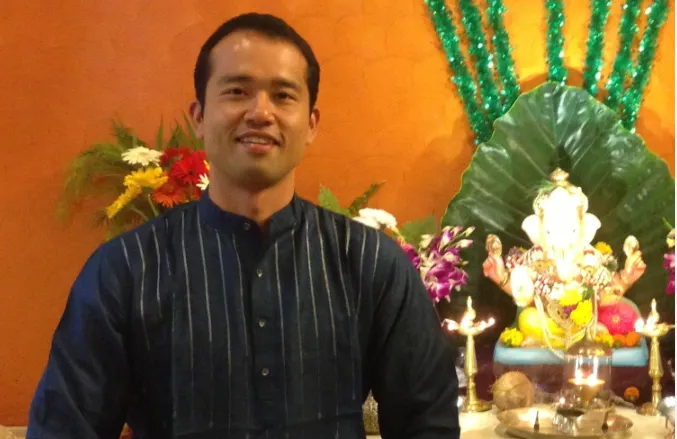Why Japanese investor Teruhide Sato is betting big on Indian startups
Teruhide ‘Teru’ Sato is an investor with a difference. He is a serial entrepreneur with an enviable track record in building businesses from scratch, and then taking them to public markets.
Teru started his first venture in 1997, a joint venture with Softbank and Cybercash, and then BEENOS (formerly Netprice), one of the biggest Japanese conglomerates, which has its fingers in the pies of e-commerce, marketplace, and payment, etc. in 1999. Both companies went public, and then he went on to head BEENOS.

BEENOS also runs two programmes, one in seed acceleration and the other in investments. As a seed accelerator, it has invested in over 50 companies in Japan, while the investment arm has made over 85 investments globally. Teru drives the investment arm of BEENOS, besides making his own angel investments. In India, the investment programme has invested in Shopclues, Citrus Pay, KartRocket and BuyHatke, and many others, most of which have not been announced.
Most recently, Teru was in the news when his investment in Tokopedia, one of the biggest marketplace businesses in Indonesia, drew a funding of $100 million from Softbank and Sequoia Capital. He was one of the early investors in Tokopedia and continues to sit on the board of the company.
In a conversation over coffee with YourStory, Teru talked about his investment ideology and what makes India a land of opportunity for him.
I am a founder first and an investor second, so when I invest in businesses I invest in the founders. It's important for me to intuitively understand an entrepreneur and how he or she is thinking about building the business. I enjoy supporting founders, it’s like being a friend to them and see with them the future they are looking at. I believe I understand them better having been an entrepreneur most of my life,
says Teru with a smile.
"I think every startup's future will be defined by the founders, I would say 99.9% or even 100%. If founders look ahead with a long-term vision, the company will also likely have a long-term roadmap and big success, if not, it fails in the middle or does not last long."
Having been born in Japan and then growing up in Italy, Teru has travelled the world and learnt a lot from his many local experiences.
If you look at the US, it is already an internet-evolved market and in the last 20 years has been the largest market. But the coming 20 years, I believe, the largest market of the internet and mobile will belong to Asia, and I see India playing a key role in this growth. You have a large population and it is your strength, remarks Teru.
"The big changes happening in India will present bigger opportunities, the more challenges that need to be addressed also present bigger opportunities to entrepreneurs to go out and innovate. And yes, this also means we will be investing a lot more in India."
Investment thesis
Teru says, "To answer this, look at Amazon. It started in 1995, and today in the US, Amazon is the reigning marketplace model. And Ebay. They both have 20 years of history. If you look at the next 20 years, you will see that similar kings will be made in different geographies. It’s already happened with Alibaba in China, and now Tokopedia is dominating Indonesia. In a market like India, there might be more kings with its diversification. Marketplace models are most attractive. Also, network effects are higher and localization is the key. So in most economies a local king will be created, if not already created. We are interested in these businesses. Also along with the king, the queens are online payment businesses that make for a solid marriage with marketplace businesses. And once those kings and queens are in place, the prince and princesses are the vertical businesses. We are closely participating in building those businesses and looking to invest in those businesses."
Teru's colleague Yukano is based out of Bengaluru in India and is always on the lookout for interesting ventures to invest in. "We typically invest between $100,000 and $3 million and also sometimes participate in larger rounds," says Teru. For this entrepreneur- turned-investor, investing in interesting businesses is a way of not only building value and a better future, but also, and importantly, lasting relations with visionary entrepreneurs.
What's next for Teru?
"As I have been a tech entrepreneur for more than 18 years, I understand when founders need support, how they want to be supported, and with whom they want to work. We would like to build a partnership that connects founders around the globe and supports them by providing capital, knowledge, operational experience, and a unique global founders’ network. We aim to be a partnership of the founders, by the founders, and for the founders."
Get in touch with Teru if you are looking for an investor who will walk the extra mile with you.







